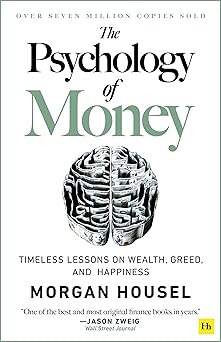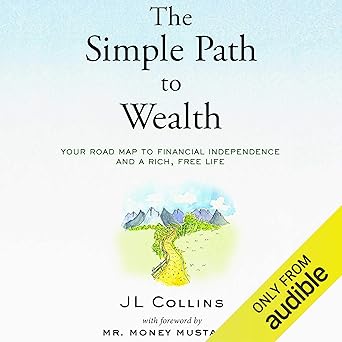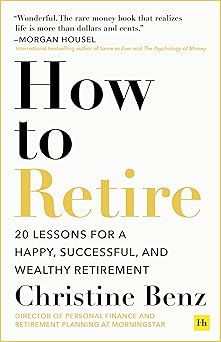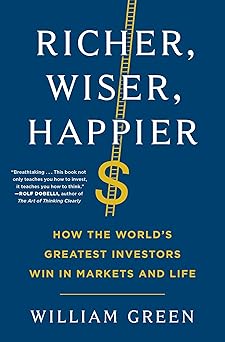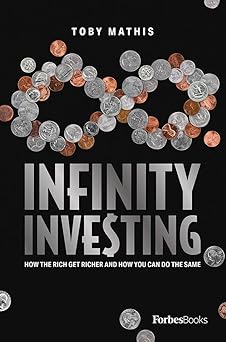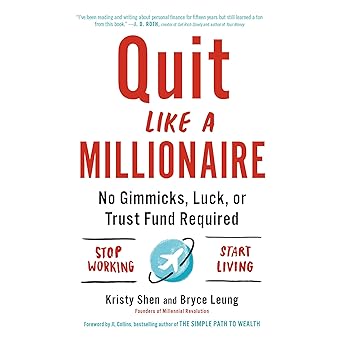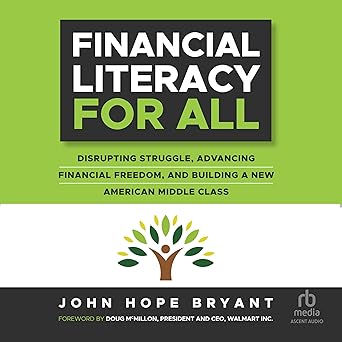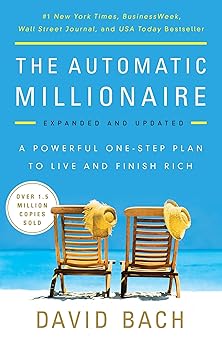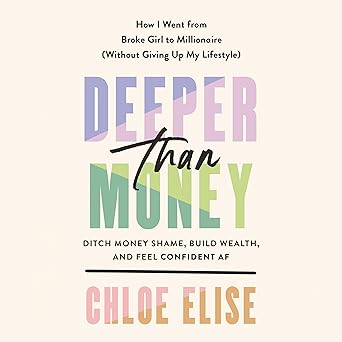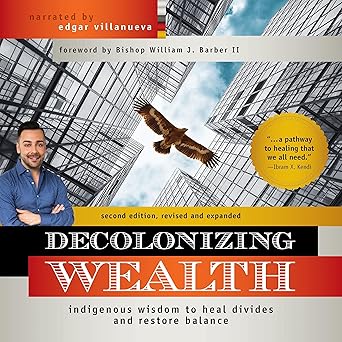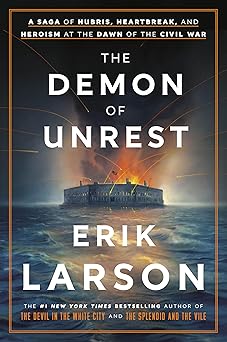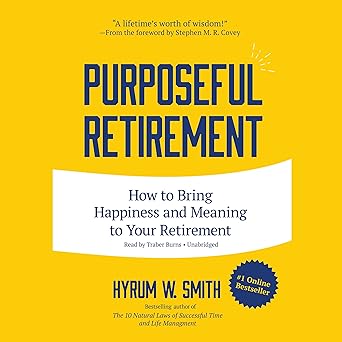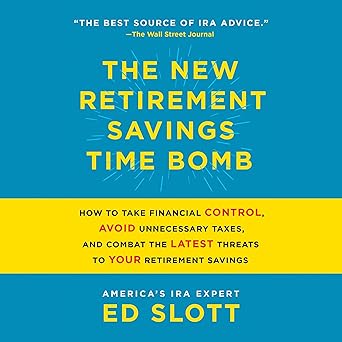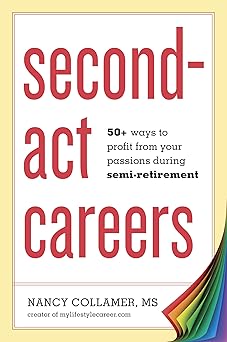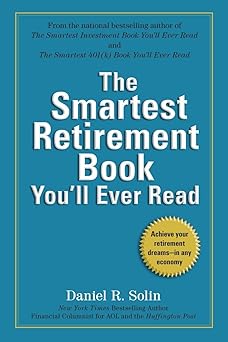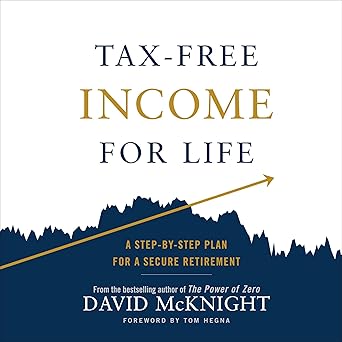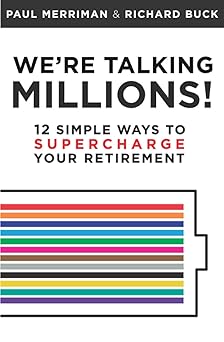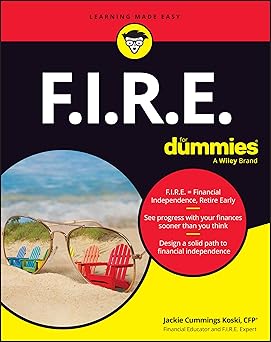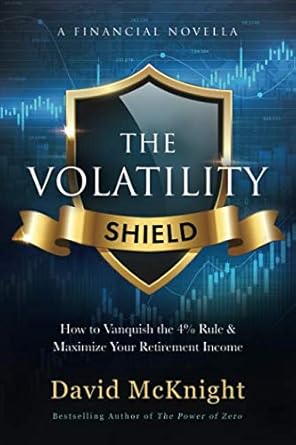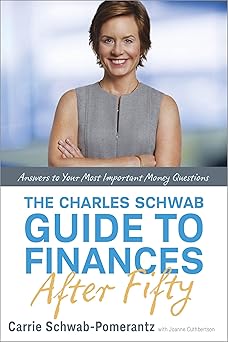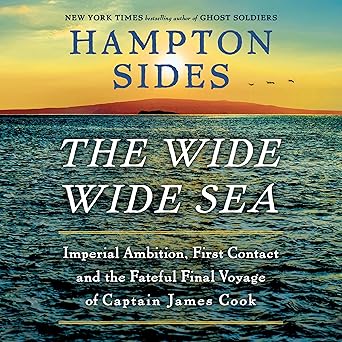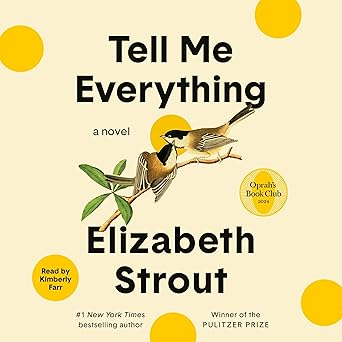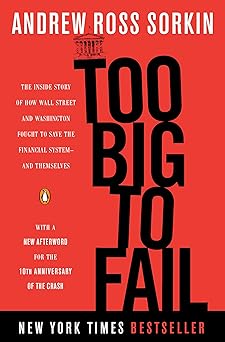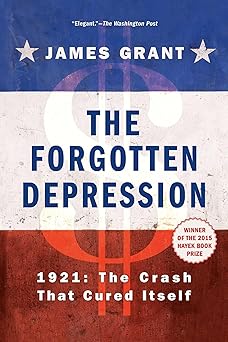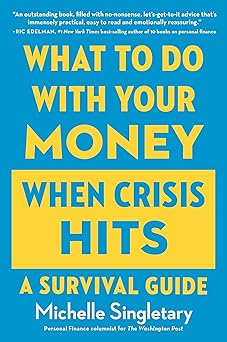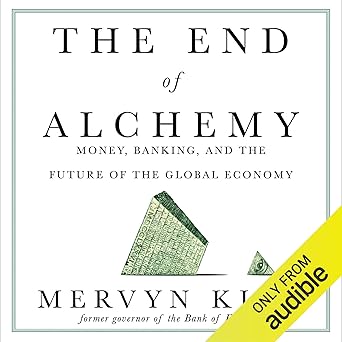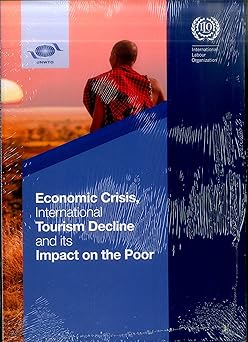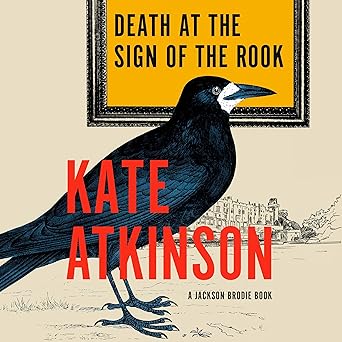I remember my grandmother, Elsie. She’s always been the heart of our family, a whirlwind of baking, gardening, and endless hugs. When she retired from her job as a school librarian, I honestly thought she’s going to relax. But she didn’t. She seemed…lost. She told me she felt like a ship without a sail, adrift and unsure of where to go. It broke my heart to see her so unsure of herself.
Retirement is often painted as this beautiful, leisurely time—a chance to finally do everything you’ve always dreamed of. And it can be. But it’s also a huge transition, a massive shift in identity and routine. It’s a time filled with questions: What do I do now? Who am I without my job? How do I make sure I’m financially secure?
That’s why I’ve put together this list. These aren’t just books about money, although that’s certainly a part of it. They're about finding purpose, staying engaged, and truly thriving in this new, exciting chapter of your life. Because retirement isn’t the end of the story. It's the beginning of a whole new adventure.
The Power of Zero, Revised and Updated: How to Get to the 0% Tax Bracket and Transform Your Retirement
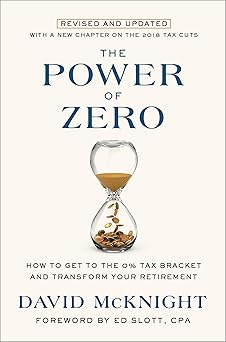
The Power of Zero is a book that really resonated with me because of the personal struggle many of us face when it comes to our finances, especially when it comes to retirement. I've seen many people who have worked hard their entire lives, only to find out that the amount of money they've saved might not be enough to last them through retirement. The book provides a clear and concise roadmap on how to get to the 0% tax bracket by the time you retire, which can make all the difference in ensuring that you have a comfortable retirement. The author, McKnight, really breaks down the concepts in a way that's easy to understand, making it accessible to anyone who wants to learn about managing their finances. What I found particularly helpful was the new chapter on the 2017 Tax Cuts and Jobs Act, which shows readers how to take advantage of the new law to extend the life of their retirement savings. The book is a reminder that we all have the power to change our financial situation and create a more secure future for ourselves. It's a message that I think is especially important for people who are approaching retirement age, but it's also a warning to anyone who wants to make sure they're not caught off guard by rising taxes.
Discover this book on Amazon (affiliate link)
The Bogleheads' Guide to Retirement Planning
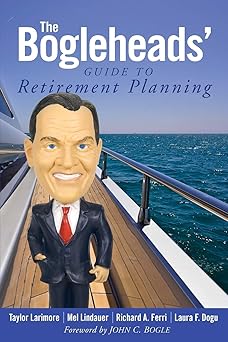
This book is a must-read for anyone looking to make the most of their retirement savings. I can relate to the importance of having a solid plan in place, having gone through a similar experience myself. As I reviewed the book, I found it to be a comprehensive guide that covers everything from choosing the right savings accounts and retirement plans to managing and funding your accounts. The authors, a group of like-minded individual investors, share valuable advice and insights that are not only practical but also easy to understand. The book explains the different types of savings accounts and retirement plans, helping you make informed decisions about your financial future. I was particularly impressed by the section on estate planning and gifting, which highlighted the importance of planning ahead to ensure your loved ones are taken care of. The authors also provide efficient withdrawal strategies that can help you maintain a comfortable retirement lifestyle. What I appreciate most about this book is its accessibility – it's not just for experts, but for anyone who wants to take control of their retirement planning. With this book, you'll discover the secrets to securing your financial future and living the retirement you deserve.
Discover this book on Amazon (affiliate link)
101 Fun Things to do in Retirement: An Irreverent, Outrageous & Funny Guide to Life After Work
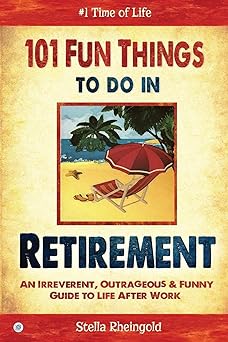
Life after work is a time for freedom, creativity, and pursuing your passions. Imagine having the world as your playground, where you can let loose and be whoever you want to be. This book is a humorous and irreverent guide that celebrates the joy of retirement and encourages readers to push boundaries and live life to the fullest. The author invites readers to shed their inhibitions and indulge in activities that bring them happiness, whether it's trying new hobbies, traveling, or simply enjoying quiet moments with loved ones. I recall meeting a friend who took up painting in her sixties, and it was amazing to see her come alive with color and creativity. For many, retirement can be a time of great uncertainty, but this book reminds us that it's also an opportunity to rediscover ourselves and find new meaning. By embracing life's simple pleasures and not taking ourselves too seriously, we can create a fulfilling and joyful second chapter in our lives.
Discover this book on Amazon (affiliate link)
Retirement Income for Life (Second Edition): Getting More Without Saving More
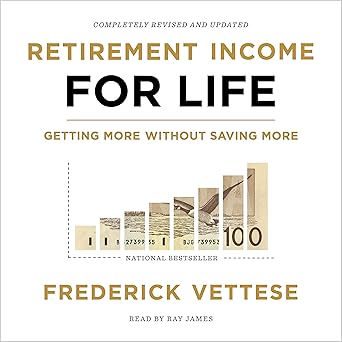
When it comes to planning for our golden years, one of the most daunting aspects of retirement is creating a secure financial future. The current economic climate, brought on by the pandemic, has created unprecedented uncertainty, making it more important than ever to understand how to manage our finances wisely. The book we'll be discussing is a comprehensive guide that offers practical advice on how to mitigate risk and secure our financial future, even in the face of uncertainty.
The author, who has extensive experience in the field of retirement planning, demystifies a complex topic and provides actionable advice based on five enhancements that can make a significant difference. He starts by discussing the importance of understanding the risks associated with investing in equities, and how to plan accordingly. He also delves into the world of annuities and fixed-income investments, explaining how low interest rates are affecting these products and what to do if you're holding them.
What's particularly insightful is the author's advice on when to defer CPP payments until age 70, and why this strategy is becoming increasingly popular among retirees. He also sheds light on the impact of low interest rates on our retirement income, and provides strategies for maximizing our benefits in the coming bear market. Throughout the book, the author emphasizes the importance of developing good decumulation practices, or the way we draw down our assets in retirement to create a secure income for the rest of our lives.
What struck me most about this book is the sense of urgency it conveys. With over 1,000 Canadians turning 65 every day, it's no longer a question of whether we should plan for our retirement, but rather how we can plan effectively. The author's advice is clear, concise, and easy to understand, making it accessible to anyone looking to secure their financial future.
Discover this book on Amazon (affiliate link)
The Four Phases of Retirement: What to Expect When You're Retiring
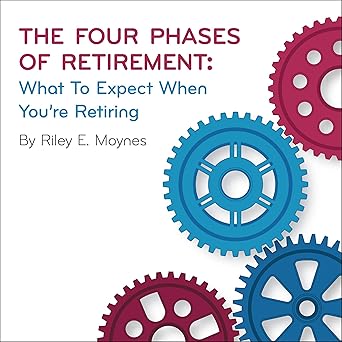
This book is a must-read for anyone approaching retirement, or who has recently retired and is trying to navigate the changes that come with it. The author's journey and research have led to a comprehensive guide that delves into the four phases of retirement, explaining what to expect and how to prepare. You'll learn how to anticipate the emotional and psychological shifts that occur during this life transition, rather than just focusing on financial planning. The author shares personal anecdotes and insightful observations that make the book both relatable and informative. One of the most striking aspects of this book is its emphasis on the importance of mental preparation. The author argues that financial planning is crucial, but it's not enough - you need to get ready to deal with the emotional and psychological aspects of retirement. By understanding the four phases of retirement, you can take steps to prepare yourself for the changes that come with this new chapter of life.
Discover this book on Amazon (affiliate link)
